Roel Wouters on biodiversity and politics
Biology student Roel Wouters made it to the finals of the competition for the position of United Nations (UN) Youth Representative Biodiversity and Food. The elections run until Friday the 29th of October, in which young people to the age of 30 can vote online.
For two years, the Youth Representative will form the connection between Dutch youth and national or international politics. If Roel is elected to the position, he will speak with Dutch youth about topics like the loss of biodiversity and the future of our food.
What are your ambitions as the Youth Representative?
‘I definitely realize that I cannot change the world in two years. But,’ Roel continues, ‘Young people are listened to way too little; there’s only a small percentage of politicians in the Netherlands who are younger than 30. I think it’s time that we stop listening to inspiring words, and start to switch to real action.’ In this position, he wants to give young people a voice and provide them a feeling of being heard. ‘That is the main thing that I would like to accomplish. To show The Hague (the location of the Dutch Parliament, ed.) and the UN that it is not going well with the world .’
How did you end up being electable to this position?
‘That is a long story.’ Towards the end of August, the function of Youth Representative got his attention. He is doing a master’s in biology, specializing in biodiversity and sustainability. ‘This function has a broader impact than doing my studies in biology, involving a bit more societal aspects and working with both the youth and policymakers.’ For a long time, he considered if it would suit him, and discussed it extensively with friends, family, and colleagues. ‘Almost all of them immediately said, “this is really something for you, you should try it!” So five minutes before the deadline, as is fitting to a typical student, I handed in my application.’
After an initial job interview, Roel managed to get into the preliminary sessions, where he had to give two presentations to young people about sustainability and biodiversity. ‘Apparently, they thought these were good enough, after which I was sent to the finals by the youth jury. These are now coming to an end. We have been working on it for nearly three weeks.’ In this period, he has been busy with setting up and preparing his campaign. Tomorrow, Friday the 29th of October, the conclusion of the finals takes place in the Night of the United Nations. That evening, the digital balloting forms close and the winner will be announced.
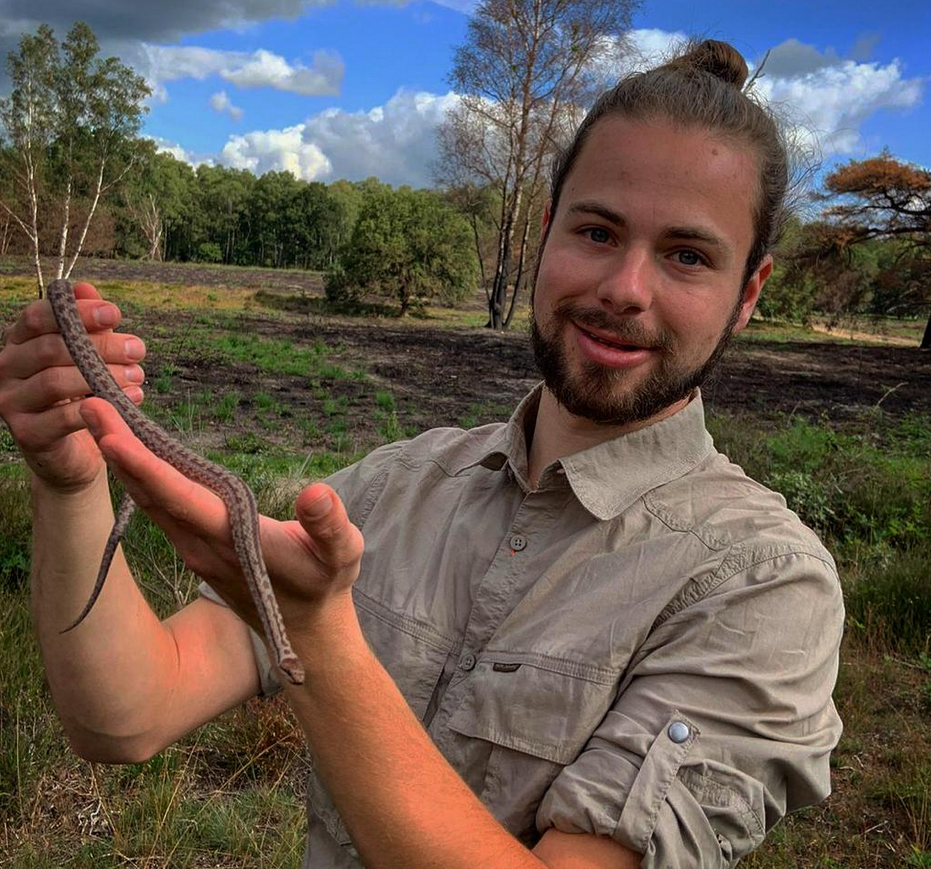
Would you like to continue within politics after your studies?
‘Maybe, but if you ask me now, I would like to do a PhD. I really enjoy science; for years now, I have helped researchers voluntarily. My work mainly involves reptiles, especially snakes and snake venom.’ However, he is not reluctant to join politics. ‘I have to say, policy and politics are interesting, but I have the feeling that I should contribute something as a young biologist and scientist in the first place. Because of that, I am now competing for this position.’
Do you think this scientifically oriented mindset will help you?
‘I don’t know, I guess we will see that on Friday night. My opponent is more involved in politics.’ Roel does not have a lot of experience in politics, except for doing a year as a member of the board. ‘I really hope that I can convince the public that it is necessary to have someone from within the scientific community in this position.’ In his campaign, he tries to emphasize this angle. ‘In the meantime, I try to remain true to myself, getting myself out there and come forward as this person who really asks the questions, as a scientist.’
You mentioned that you do research on snakes. Would you like to tell us a little bit more about that?
Ever since my bachelor’s, I have been busy with the evolution and ecology of reptiles, focusing on venomous snakes.’ Roel has already published in Science as co-author of a research paper about snake venom. Currently, he is studying the European adder, which you can find in many of the heathlands here. ‘Because of global warming and the depletion of groundwater as a result of climate change, many reptiles are struggling in these vulnerable heathlands. And thus you can clearly see the populations declining in numbers.’ This is one of the reasons why he thinks the position as a Youth Representative is so important, but he emphasizes that the problem reaches way further than that. ‘This is happening to the entire ecosystem and to all species on earth.’ That is precisely where the link with food, the other half on the representative’s plate, comes into play. ‘Biodiversity is necessary for food,’ he explains. ‘But biodiversity is also food. Look at the diversity you had for breakfast this morning.’
Do you look at the future positively in this respect?
‘Last week, I traveled into the country, and I have to say that I gained a lot of energy by doing this - especially at high schools where you can find the next generation. There I spoke to young people who have a really good idea of what is going on. You might as well send them to the parliament.’ Roel admits that he does not have a lot of trust in the current world leaders. ‘I think the leaders of today do not realize what they are causing and are not listening to the leaders of tomorrow, which is us as young people. So that is not very positive.’ But Roel has hope for future generations. ‘And that is exactly why I love engaging in conversation with young people because they give me the energy to do something.’
If you want to know more about Roel, you can find his story online at stemroel.nl. The elections for the Youth Representative close on Friday the 29th of October at 9 p.m., and until that time it is possible for people younger than 30 to vote through his website.
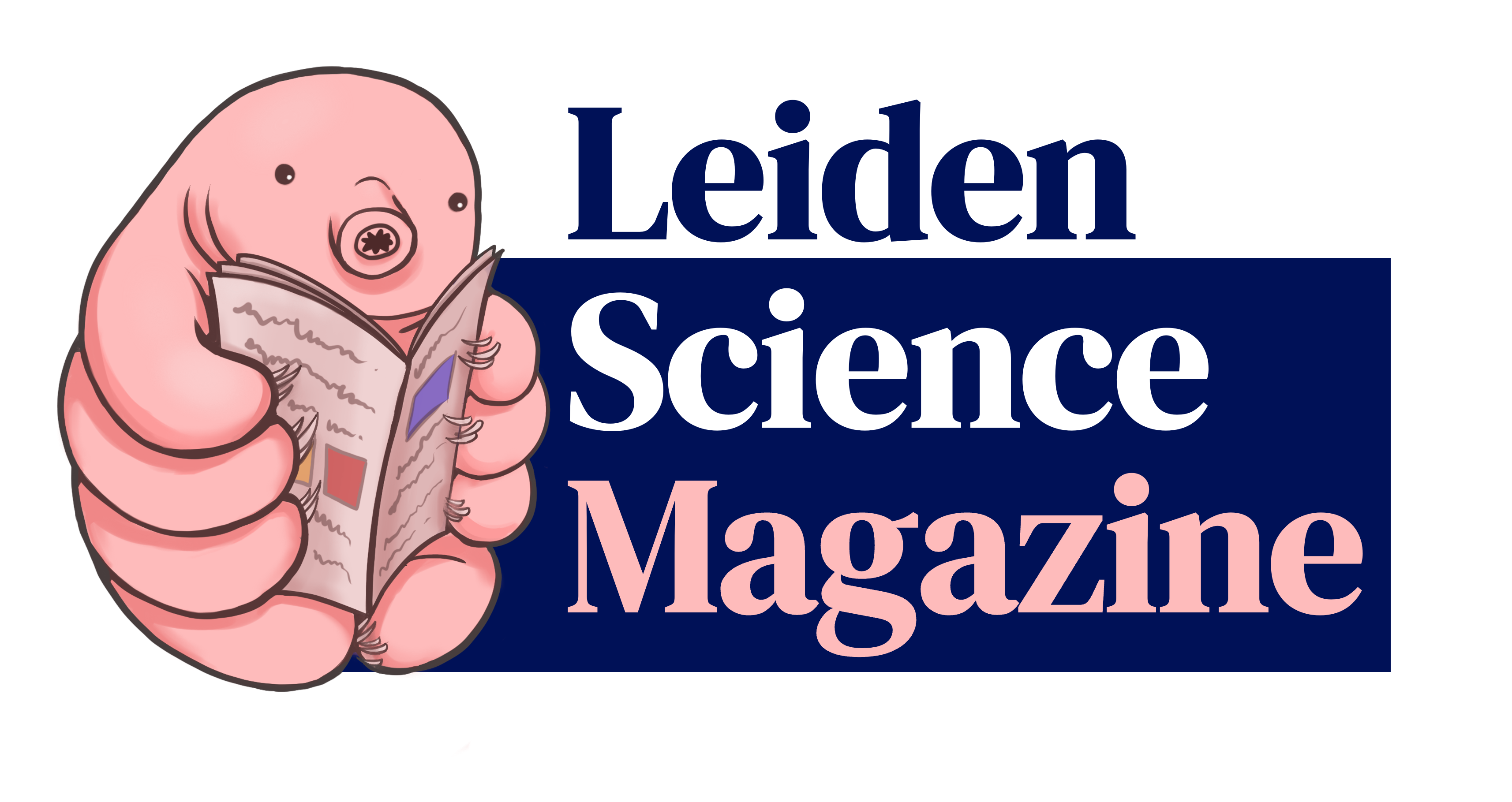

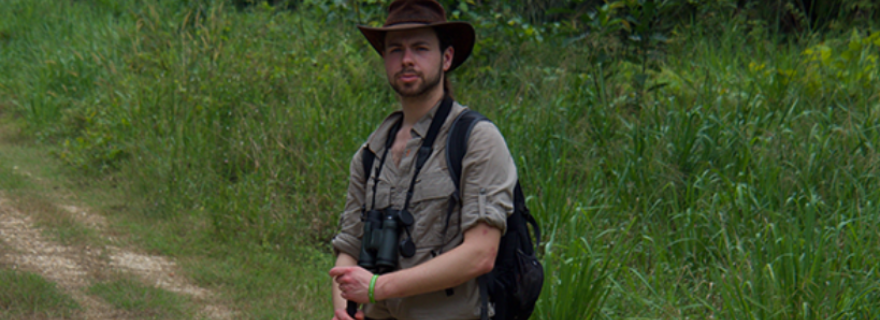
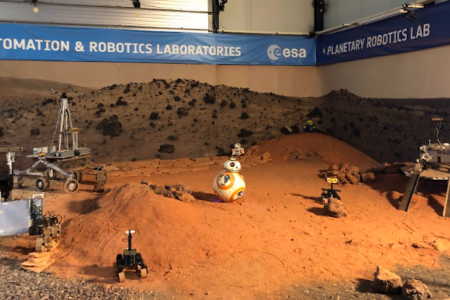
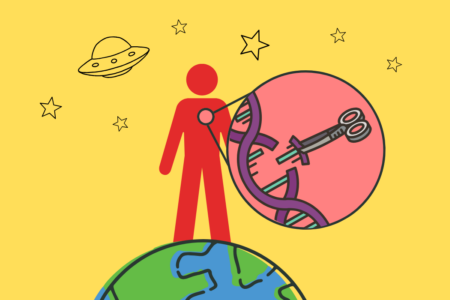

0 Comments
Add a comment